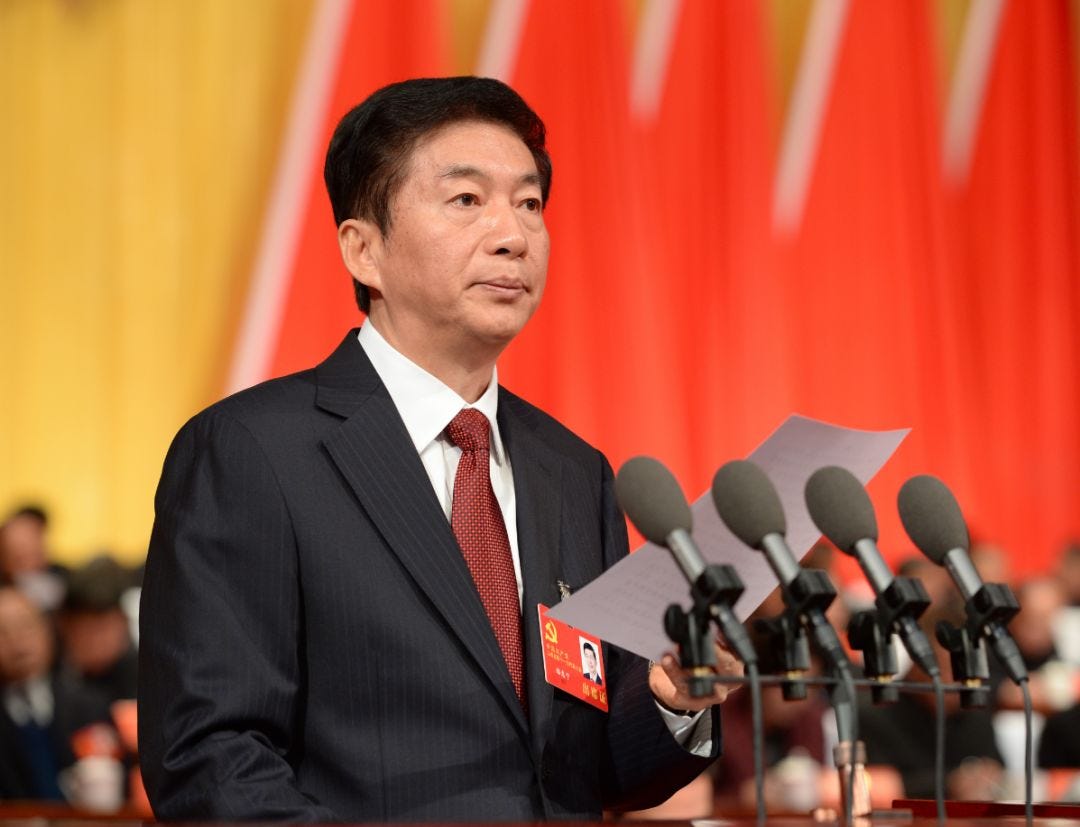China Shows its Fist in Hong Kong
Changes intended to show who’s in charge

Beijing suddenly has dramatically increased the pressure on Hong Kong, arranging for the arrest of influential independent voices, engineering the sacking of the Secretary for Constitutional and Mainland Affairs Patrick Nip Tak-kuen, demanding the passage of a security clause in the basic law as soon as possible to combat so-called ‘foreign interference…
Keep reading with a 7-day free trial
Subscribe to Asia Sentinel to keep reading this post and get 7 days of free access to the full post archives.
